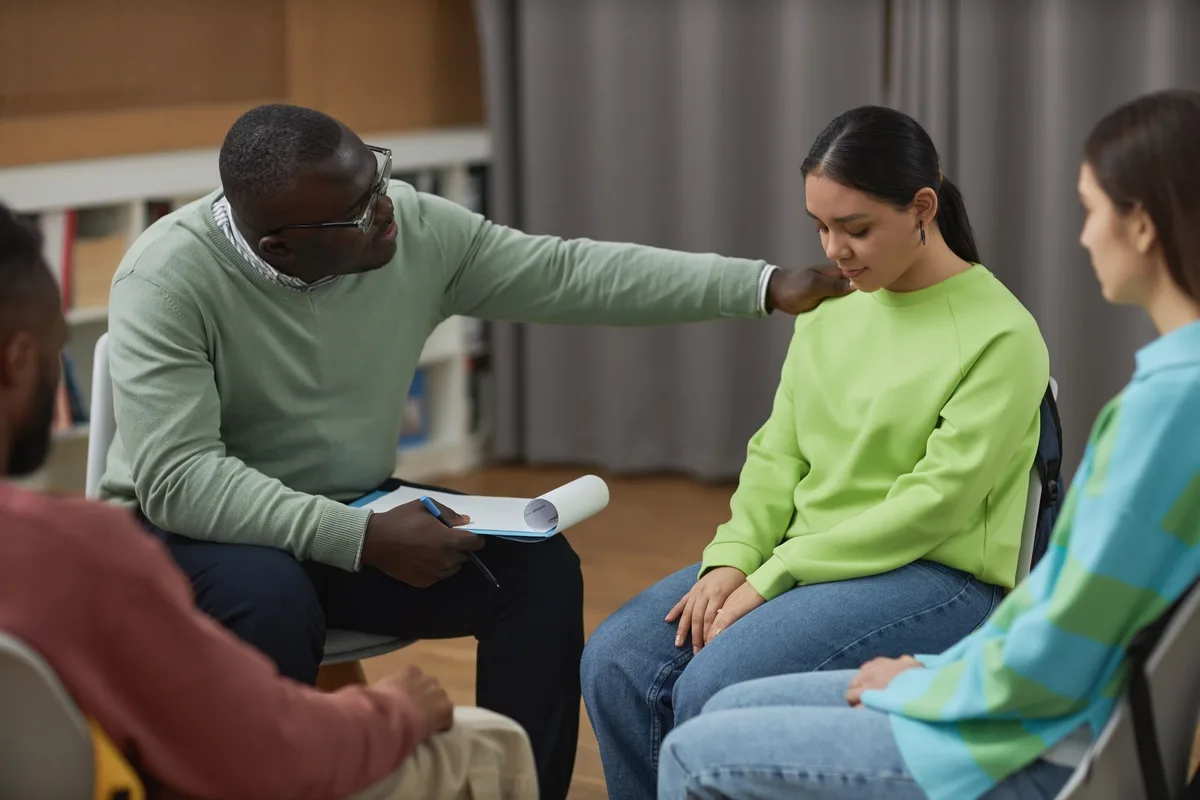facilities provide a unique and compassionate approach for individuals seeking recovery from various types of addictions while allowing them to be accompanied by their beloved pets. These centers recognize the therapeutic bond between humans and pets, enhancing the recovery journey. Addictions treated range from substance abuse, such as alcohol and drugs, to behavioral addictions like gambling and food disorders. A holistic treatment approach is adopted, encompassing detoxification, inpatient and outpatient programs, therapy, counseling, and aftercare services, customized to meet the individual’s needs. The importance of rehab centers is profound, as they serve as safe havens where individuals can find support, guidance, and the necessary tools to reclaim their lives. Historically, Pet friendly Rehab rehab centers in Mascot emerged as a vital resource, responding to the rising demand for inclusive recovery environments that allow the presence of pets. In recent years, these centers have positively impacted countless lives across the U.S., fostering healthier communities and promoting sustained recovery by addressing both the physical and emotional aspects of addiction.
Learn more about Pet friendly Rehab centers in Mascot




















































